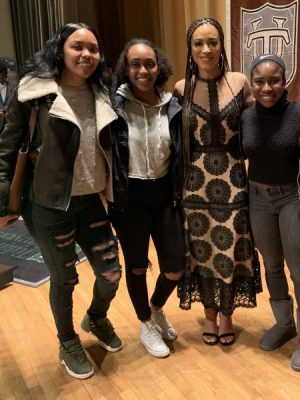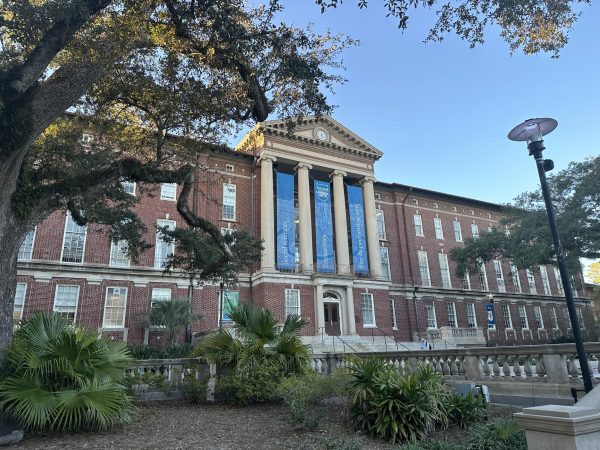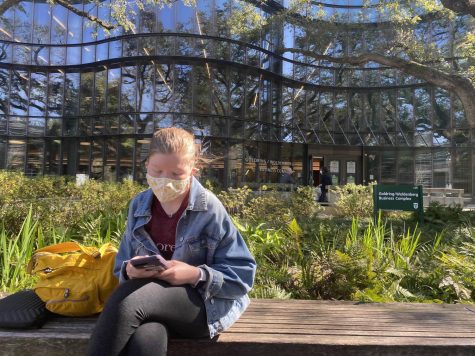Tulane Law School hosts Black Alumni Weekend
February 14, 2019
Last weekend, Tulane Law School hosted Black Alumni Weekend to celebrate the 50th anniversary of its first Black graduate, Michael Starks, who marked the desegregation of the school in 1968.
“This year we wanted to reconnect and reflect on how far we’ve come and also acknowledge where we need to be,” Tonisha Manning, president of the Black Law Students Association, said.
Tulane has the 12th oldest law school in the nation, founded in 1847. Since integrating 124 years after its inception, more than 750 black students have graduated from Tulane’s law school. Overall, students of color have made up nearly a fifth of all alumni since desegregation.
The first black woman to graduate from Tulane Law School, Janice Martin Foster, recalls her experience as one of four women in her class.
“It took me a little while, but I didn’t realize that I was the only black woman until I got to class and no one looked like me,” Foster said.
Foster graduated from Tulane Law School at the top 10 percent of her class. She received the Michaelle Pitard Wynne Professionalism Award from the Association of Women Attorneys, among other honors.
These graduates are now leaders of law firms, judges, academics, public servants and entrepreneurs. Tulane Law’s other notable black alumni include U.S. Congressman Cedric Richmond, Class of 1998, whose district encompasses much of New Orleans.

The Black Alumni Weekend included a talk from Angela Rye, an attorney and CEO of IMPACT Strategies. She also is a commentator for CNN and NPR, and served as the executive director and general counsel to the Congressional Black Caucus.
Rye’s talk covered her upbringing in an activist family, her work in advocacy and her views on the role of black lawyers in America.
“The rights that many of us of went to law school to learn about, to fight for, to advocate for, the reasons why we were attracted to this profession to begin with are in jeopardy,” Rye said. “There is a critical need now more than ever for the black lawyer … it really feels like we went back in time.”
Rye’s talk touched on Trump’s response to the White Lives Matter rally in 2017, the struggles of immigrants and the impact and contributions of African Americans that are often go unacknowledged acknowledged.
“The biggest thing that she said is what the community at-large can do,” Arthur F. Clark Jr., graduate of the Tulane Law School Class of 1993, said. “We’re not always going to agree about solutions, but by identifying issues, we can work together to positively impact the community and society at-large.”






















Leave a Comment